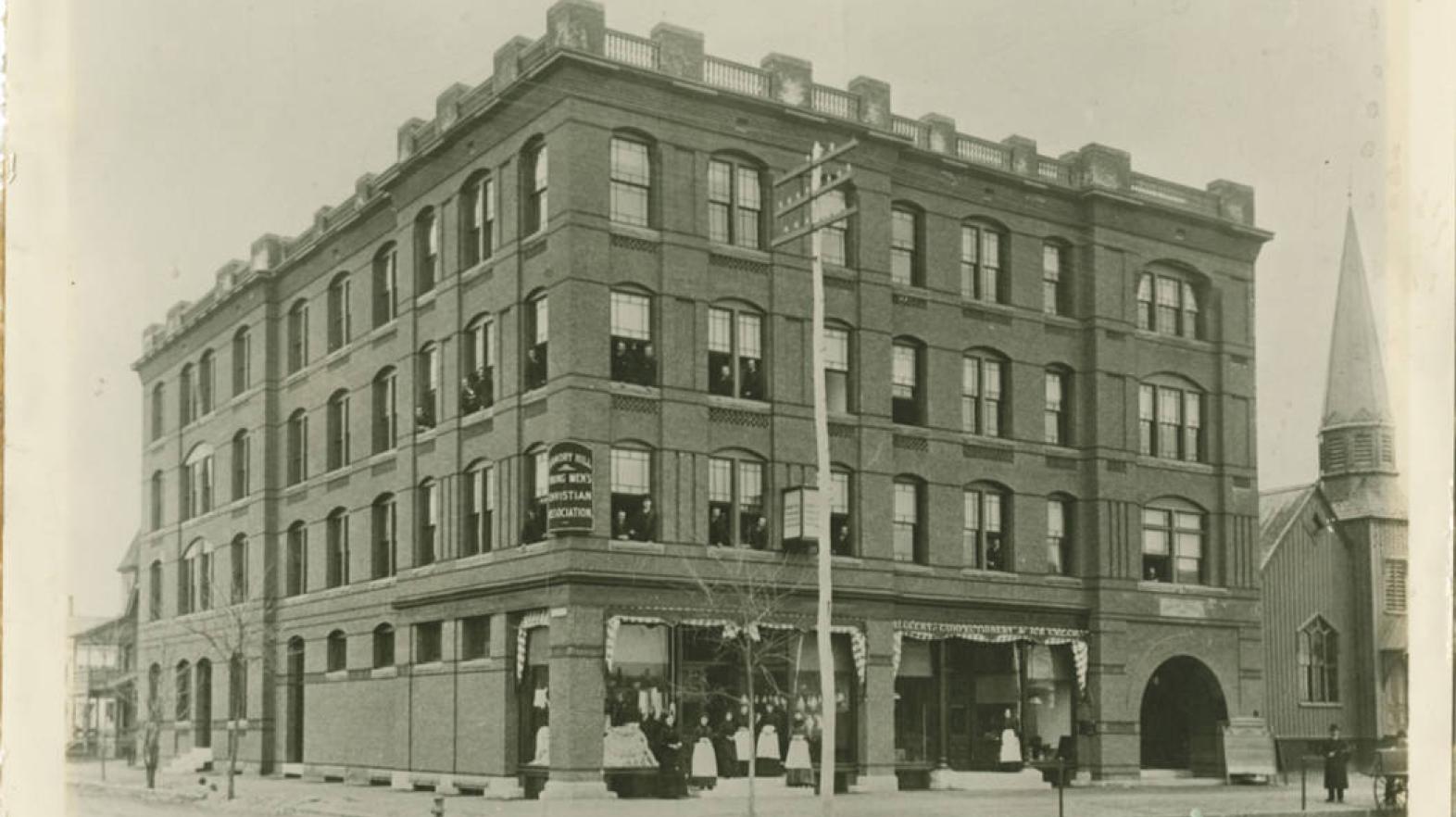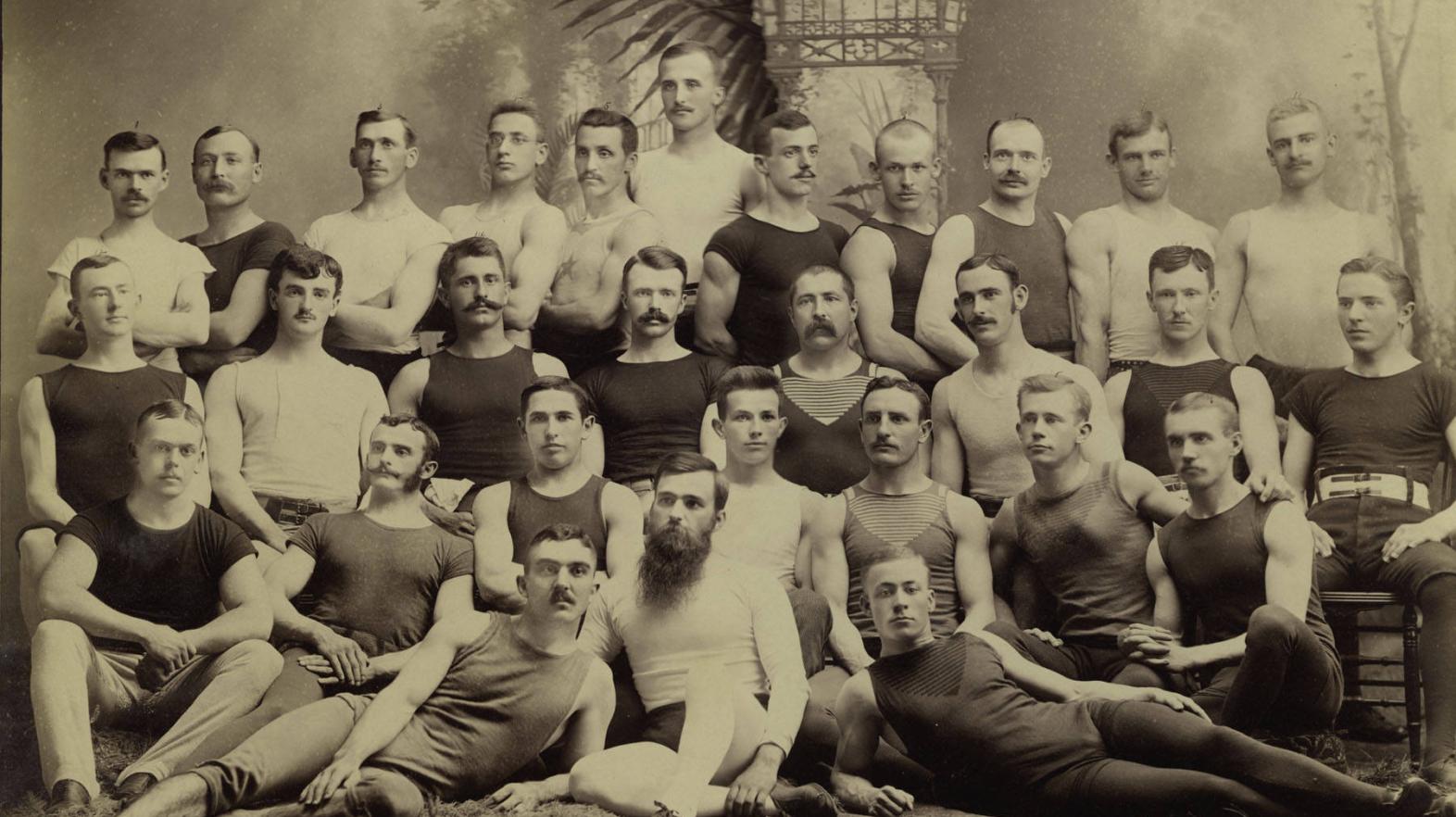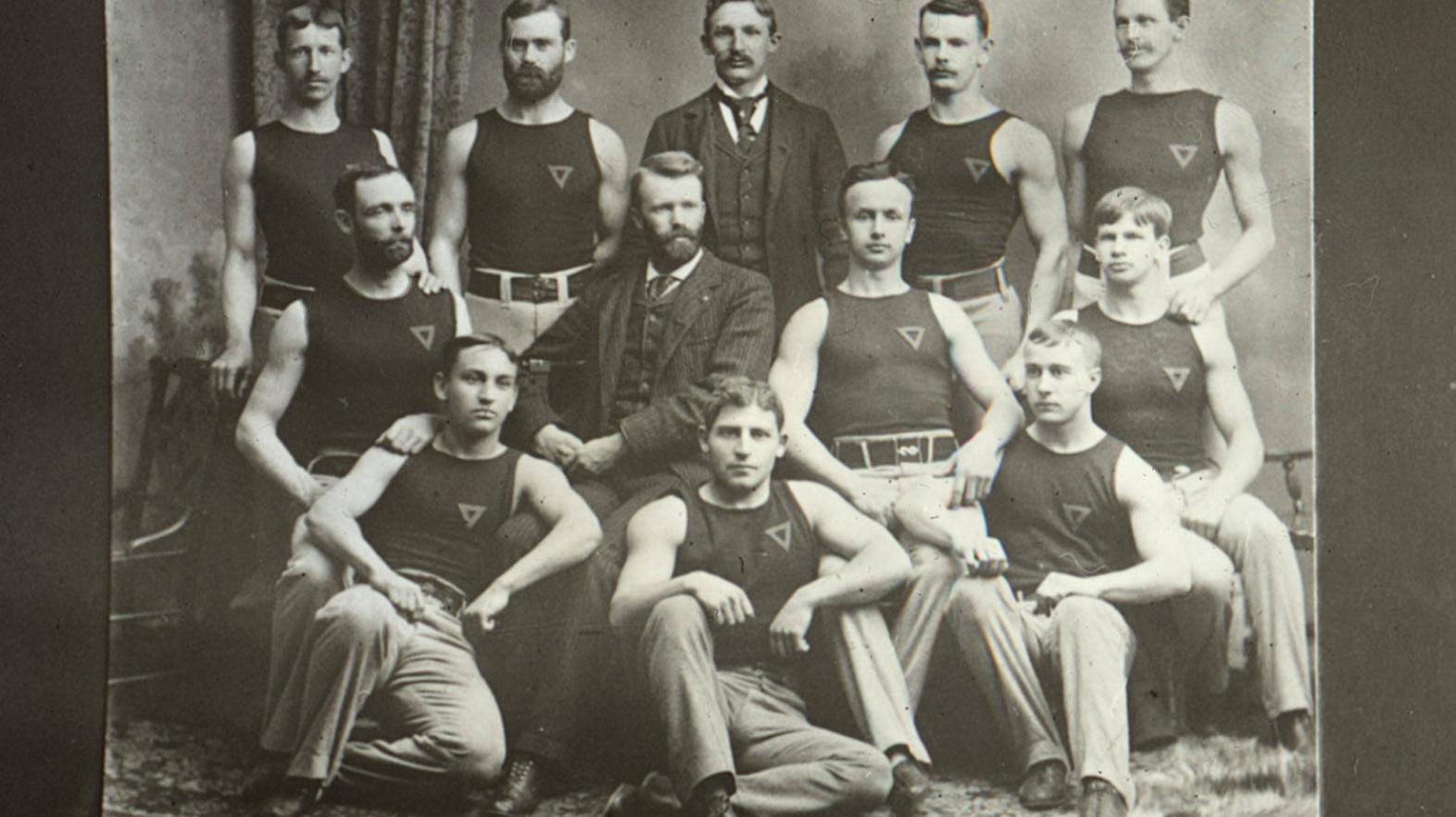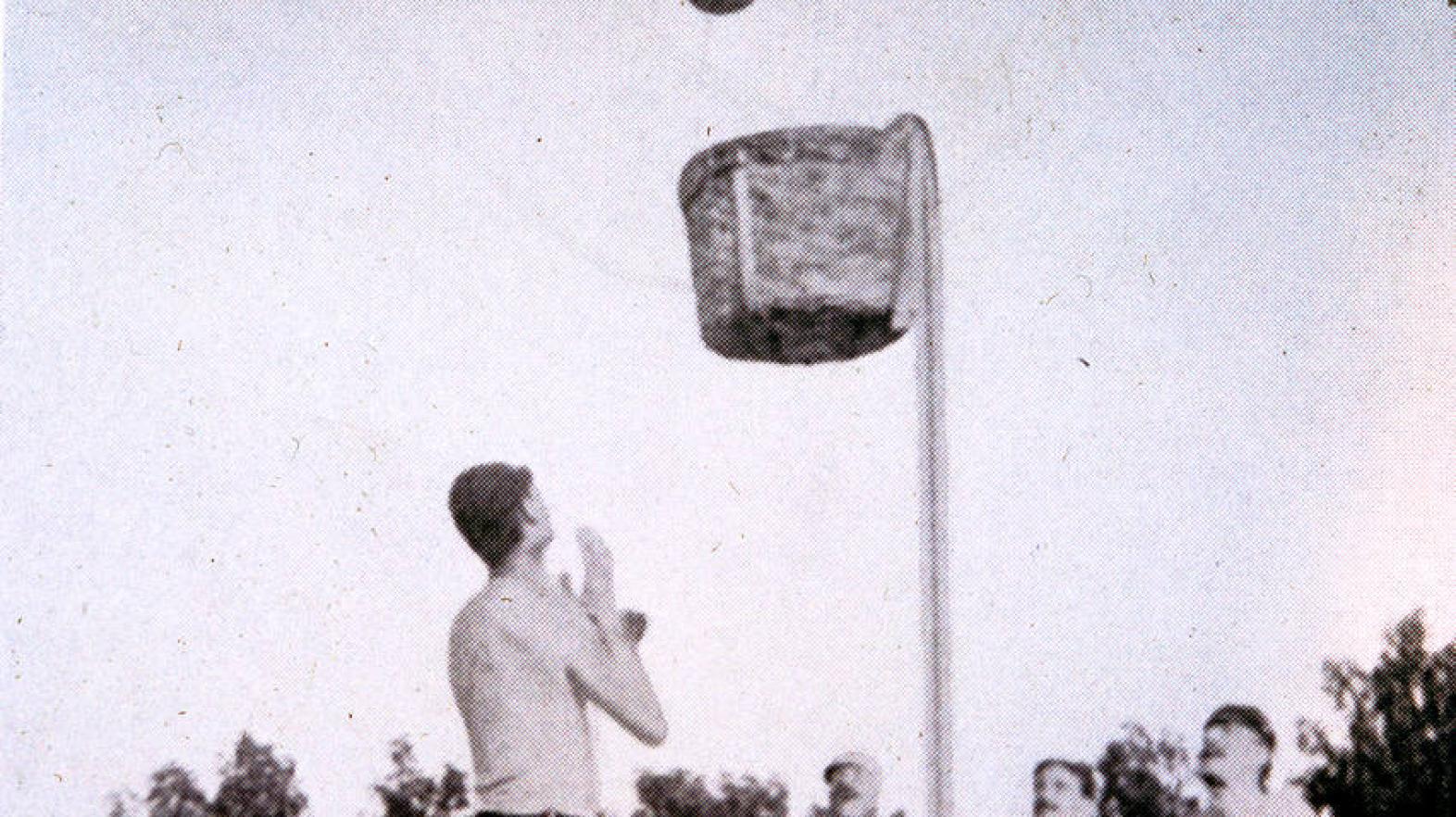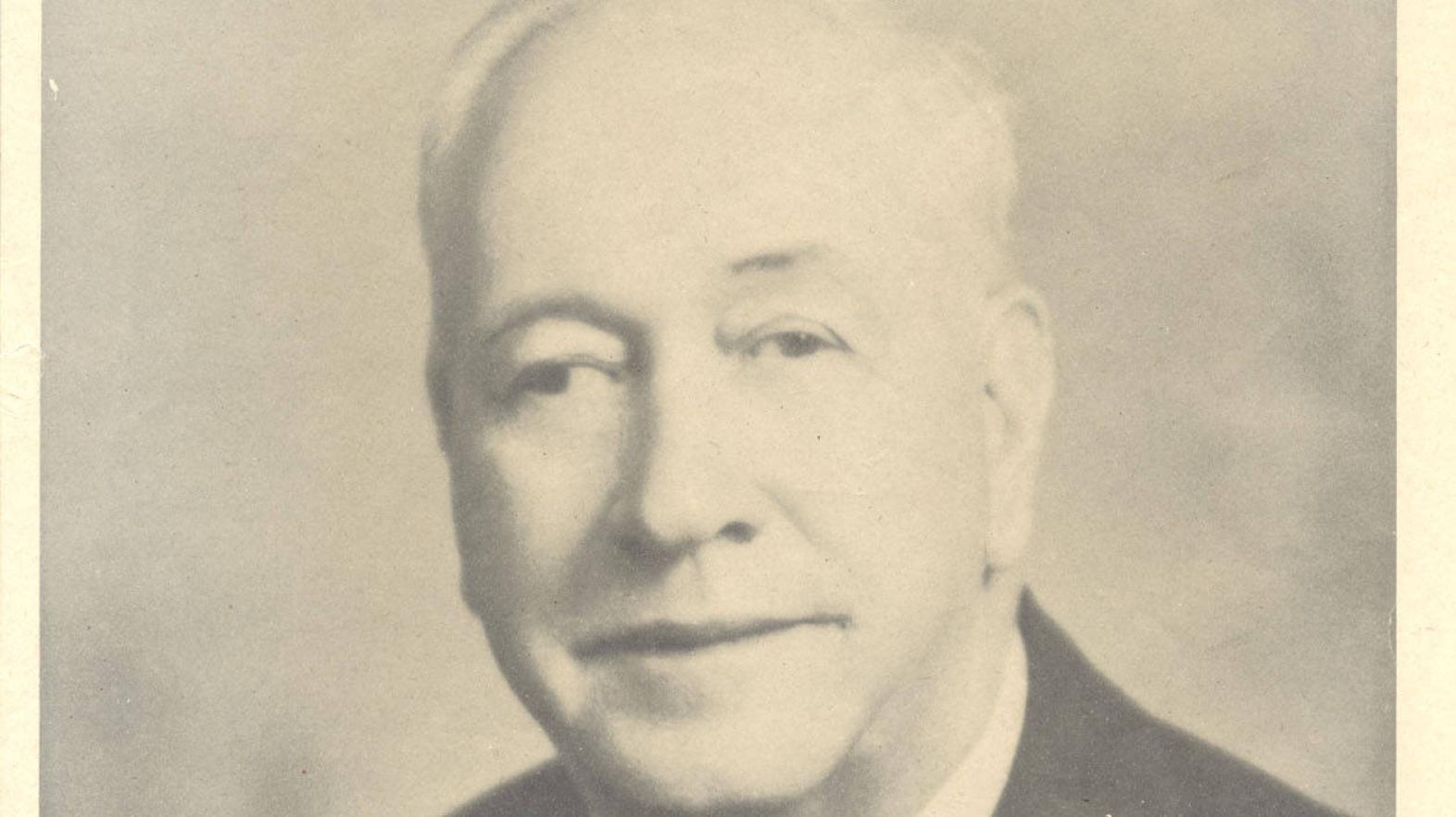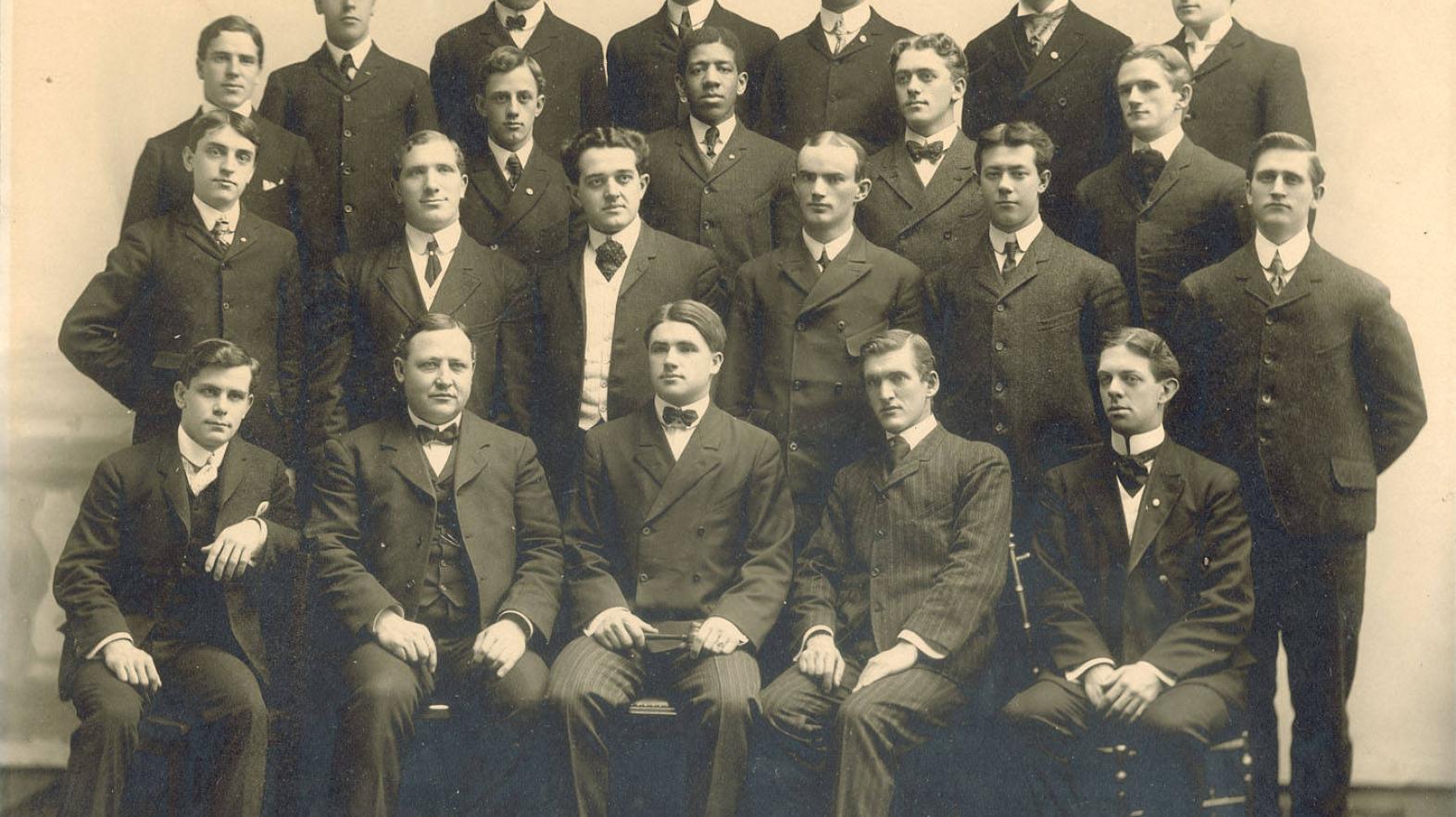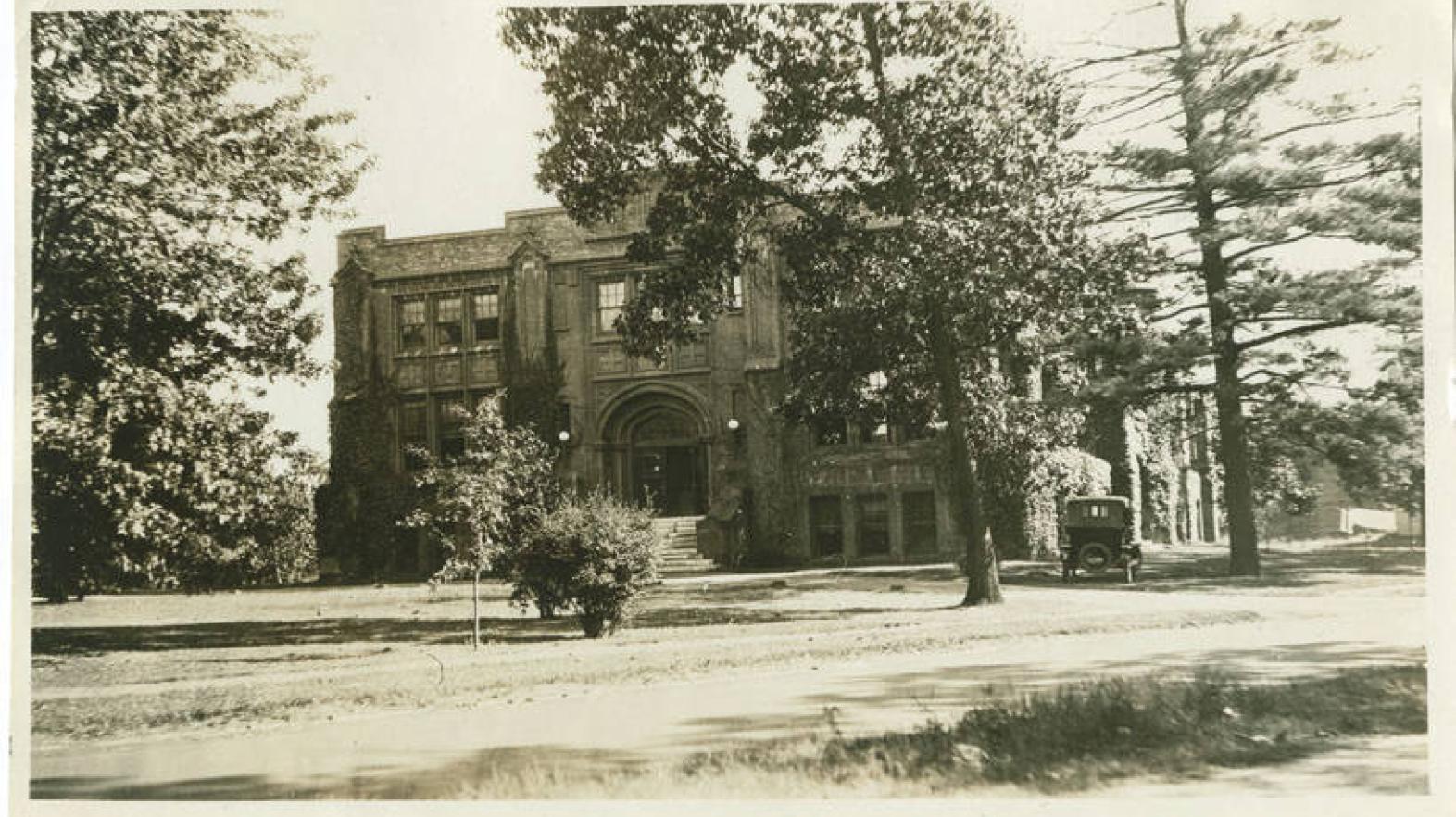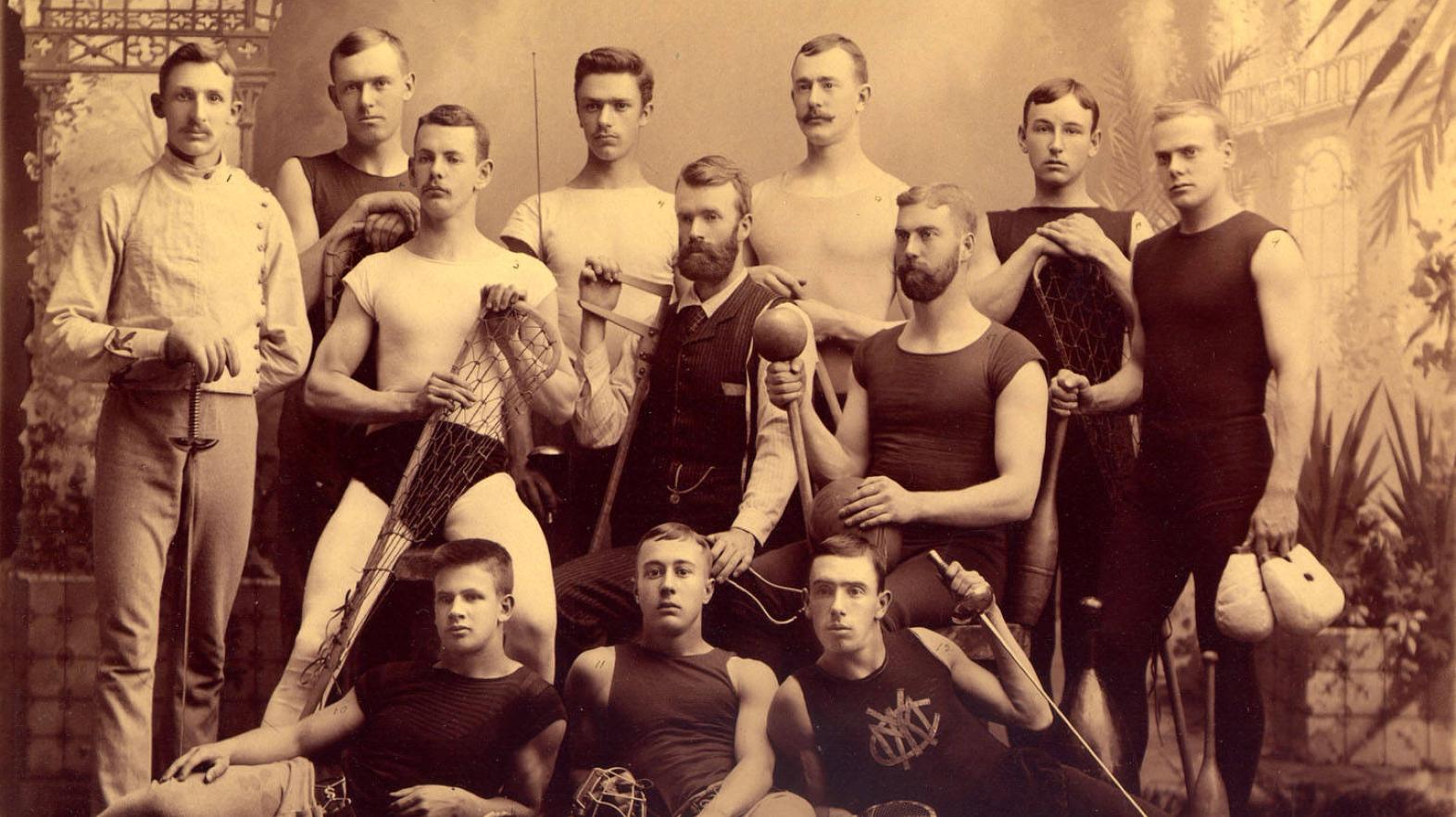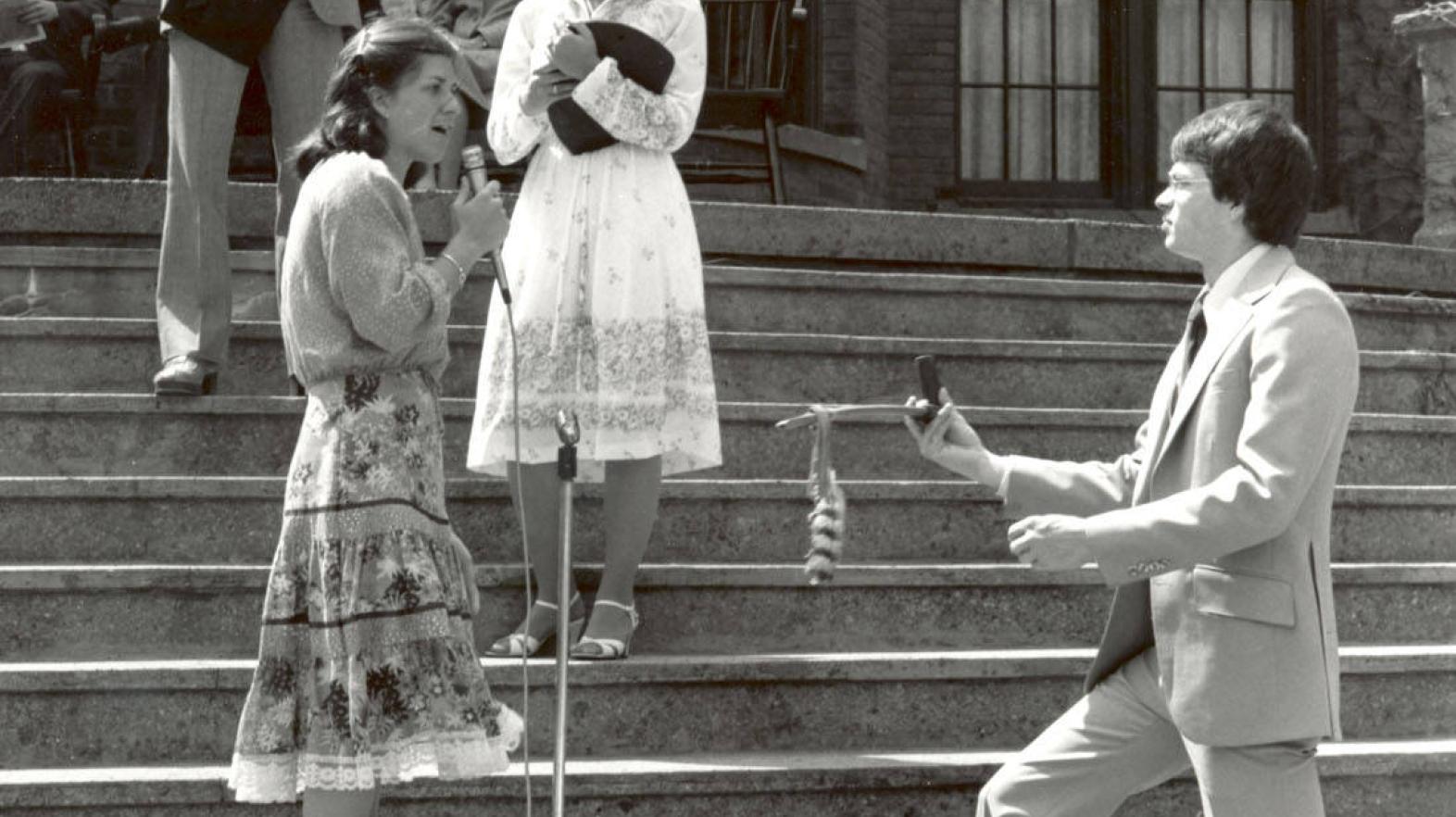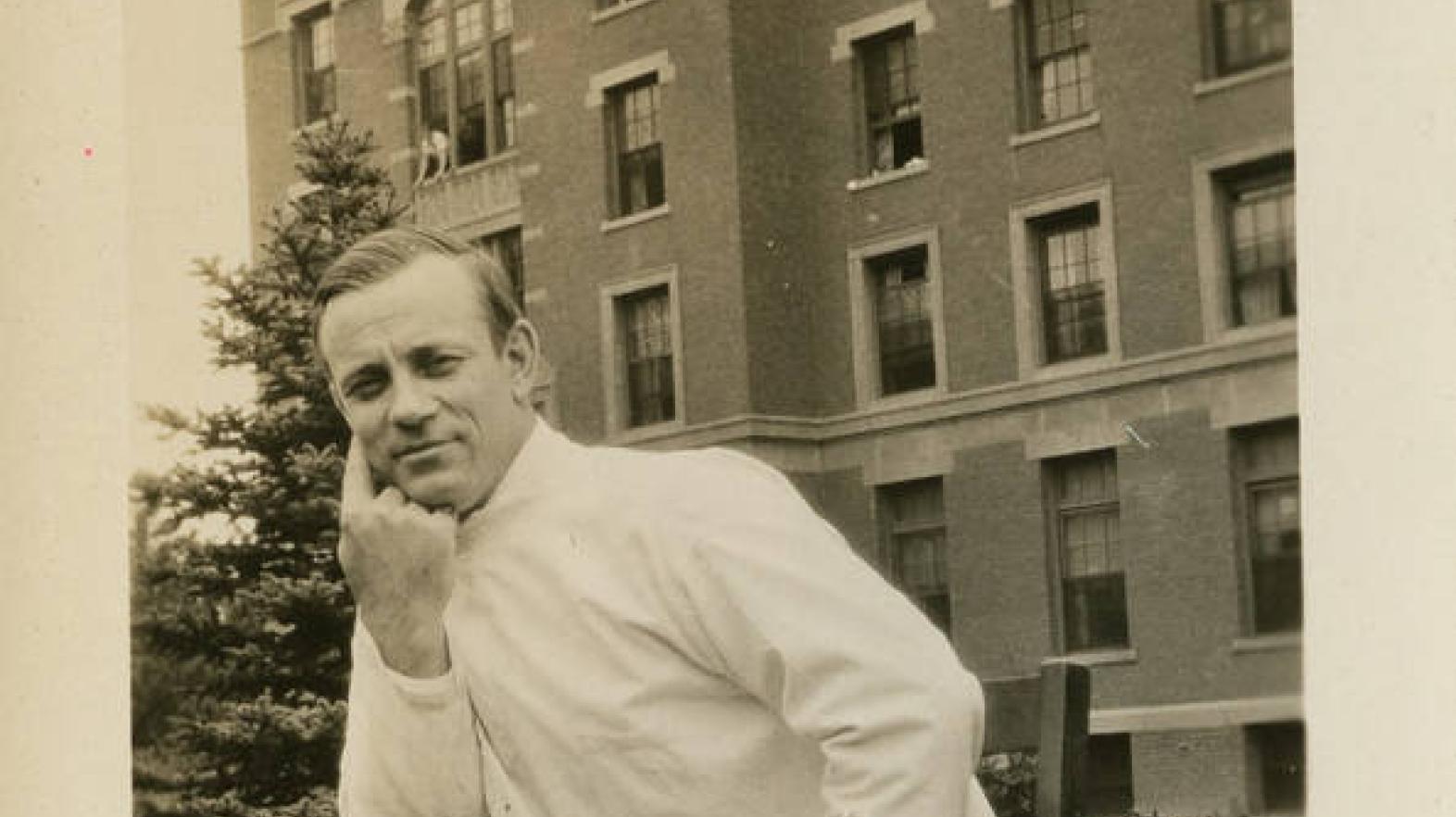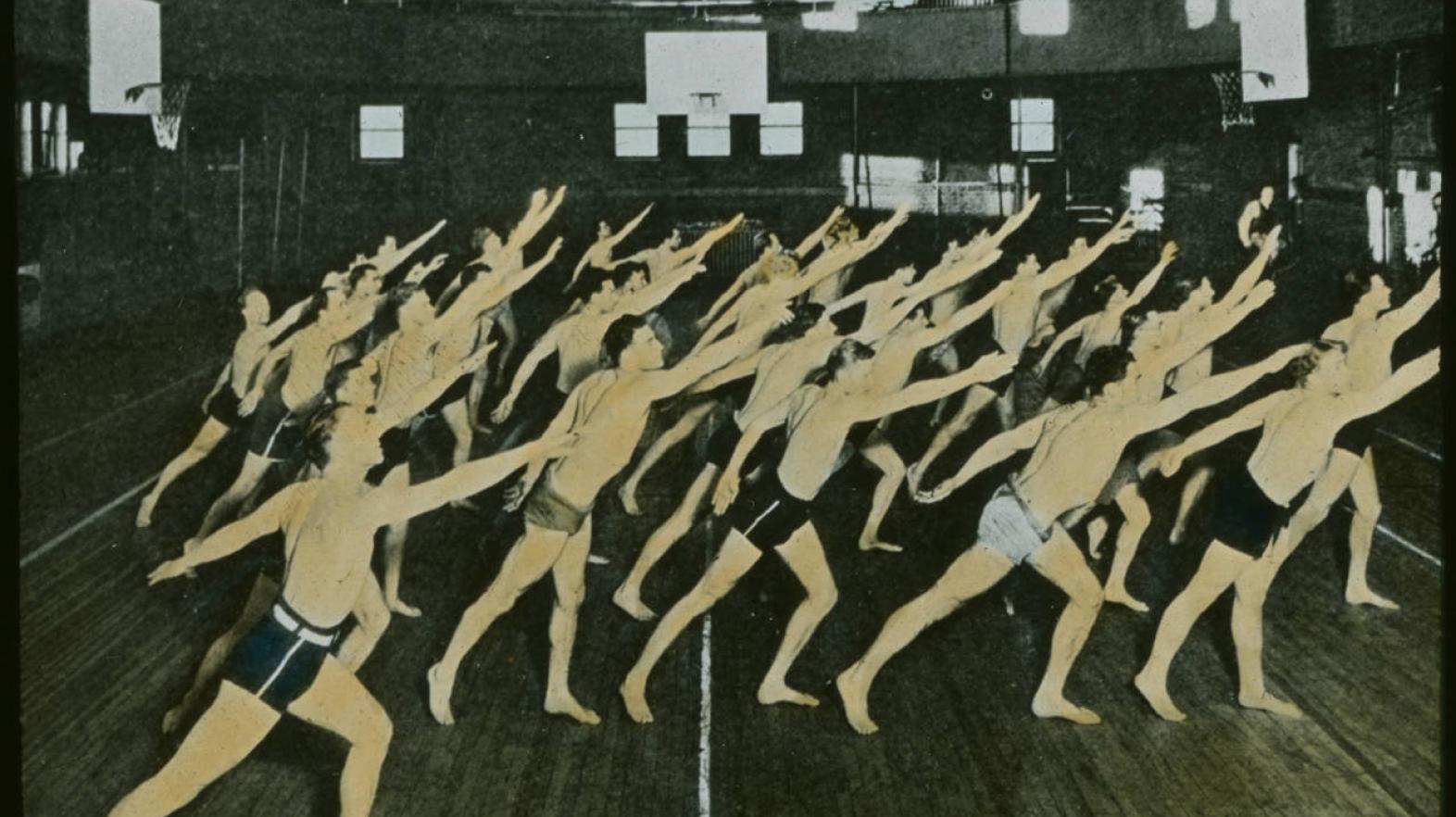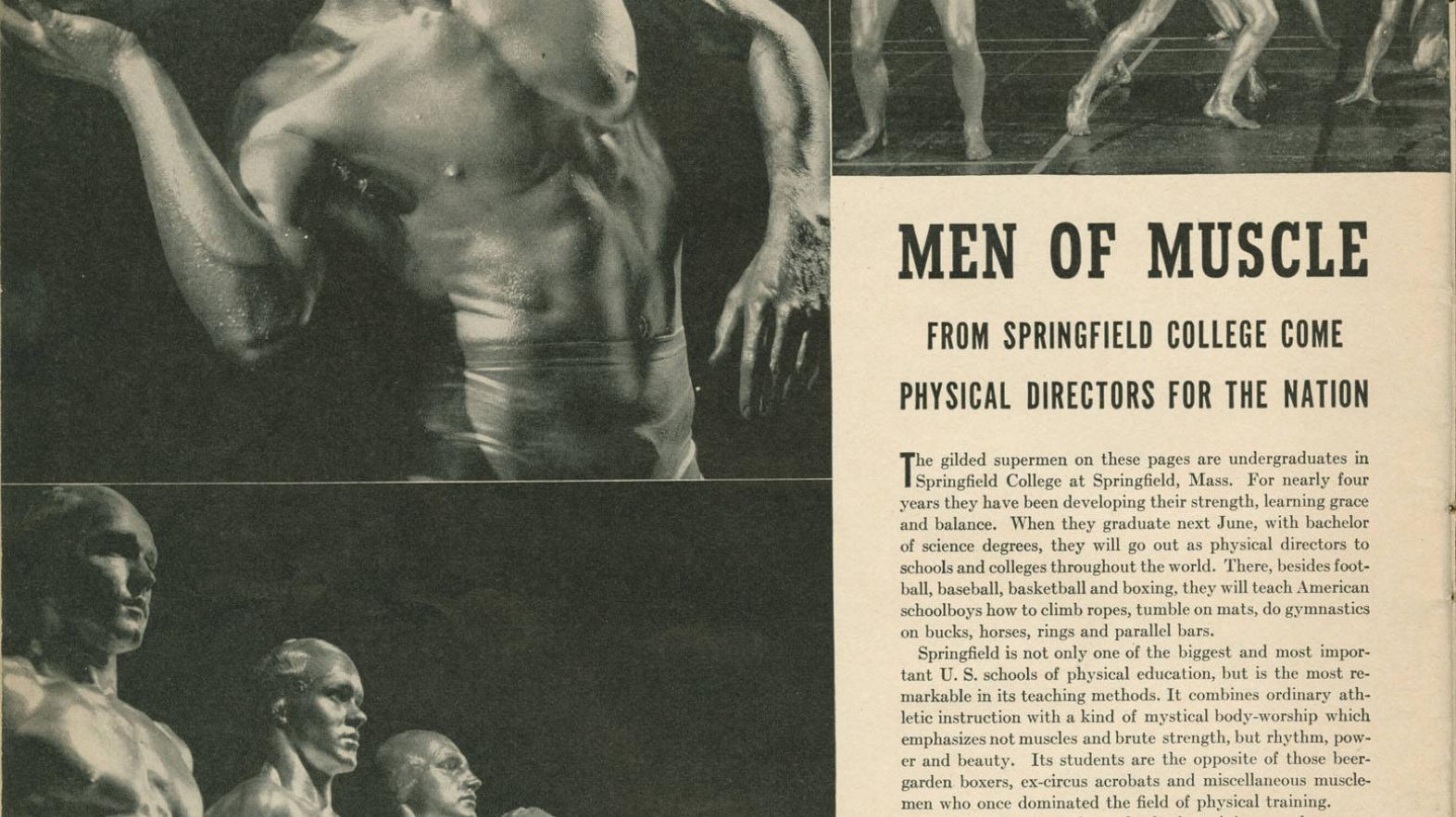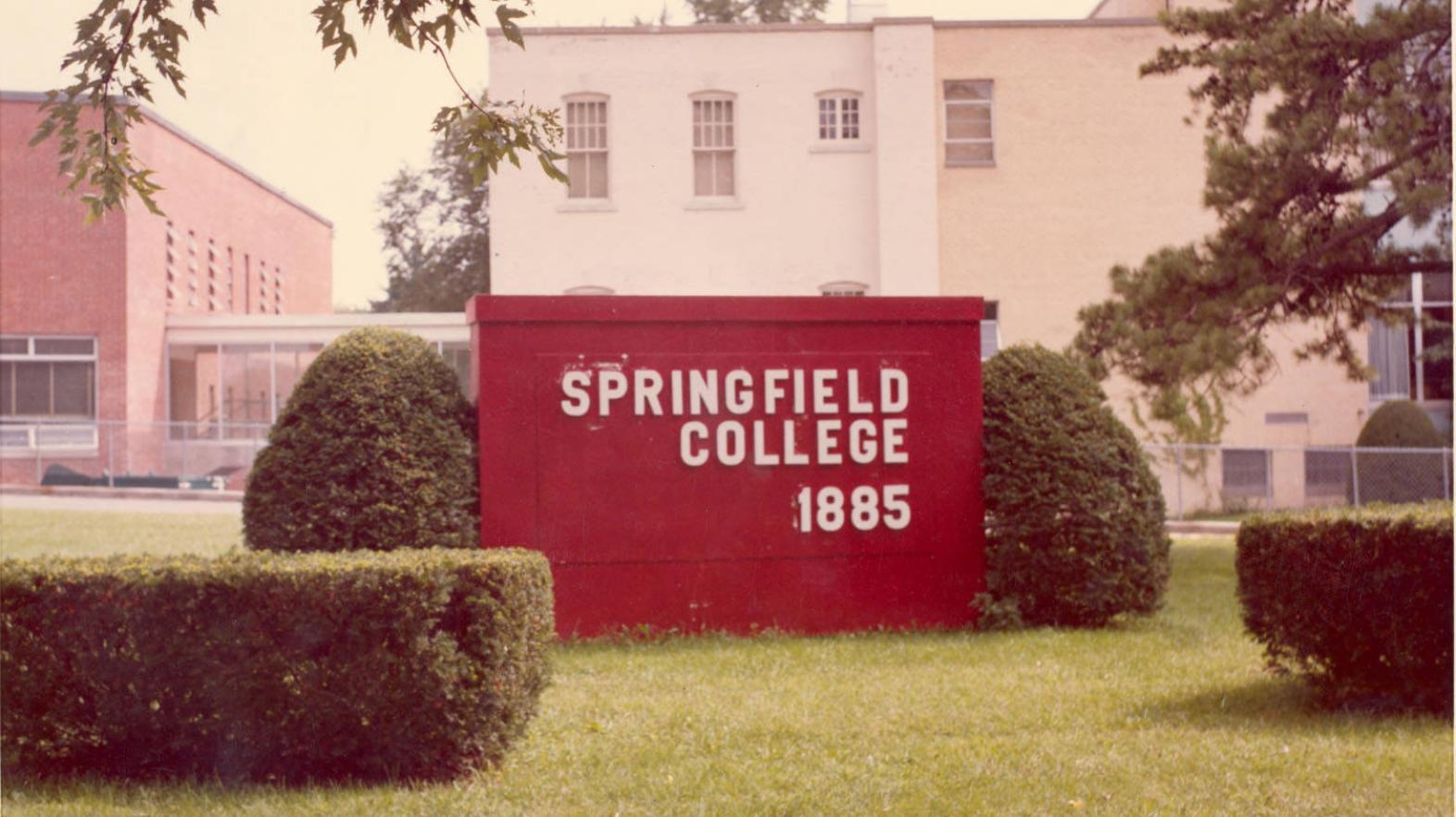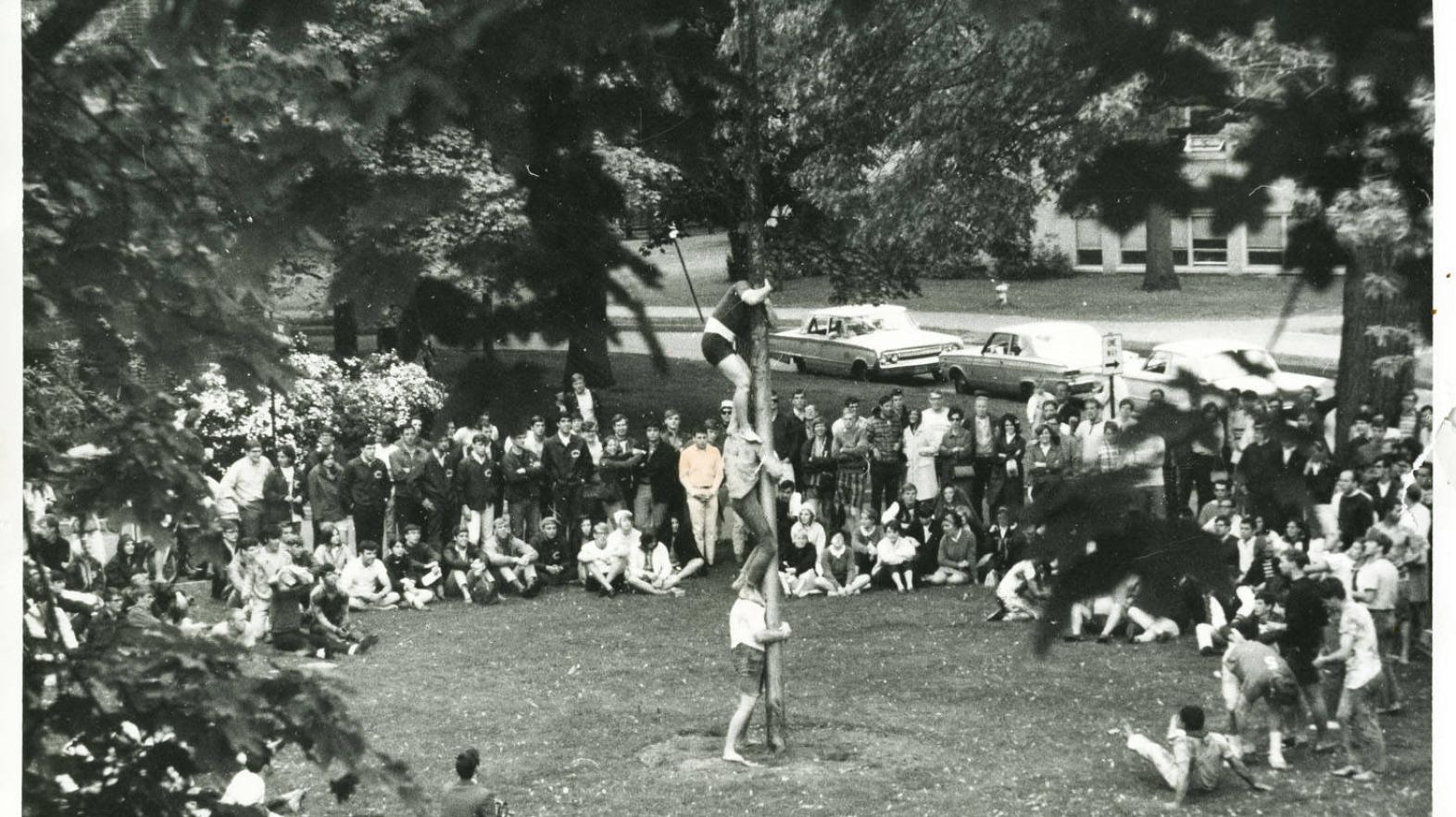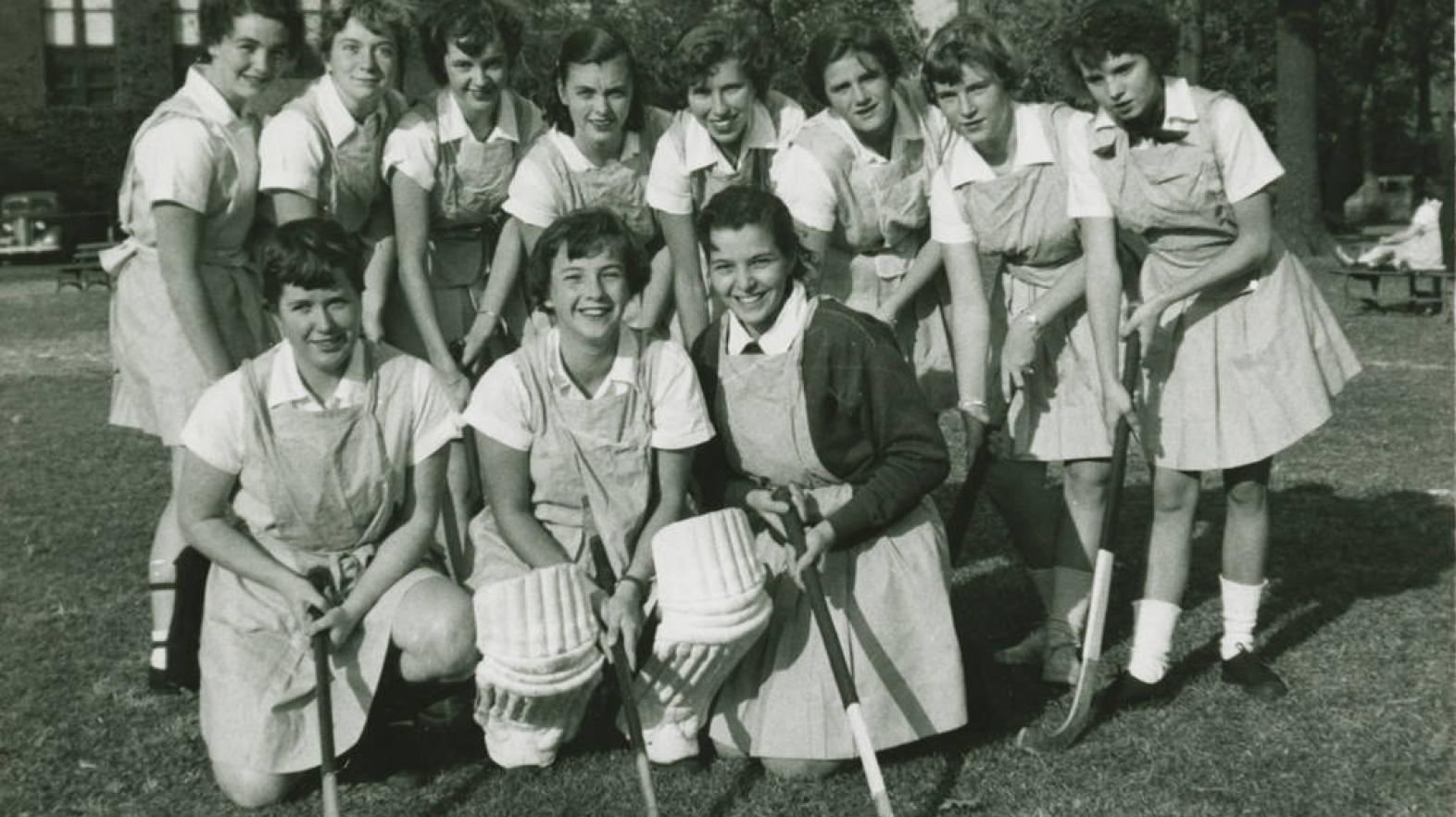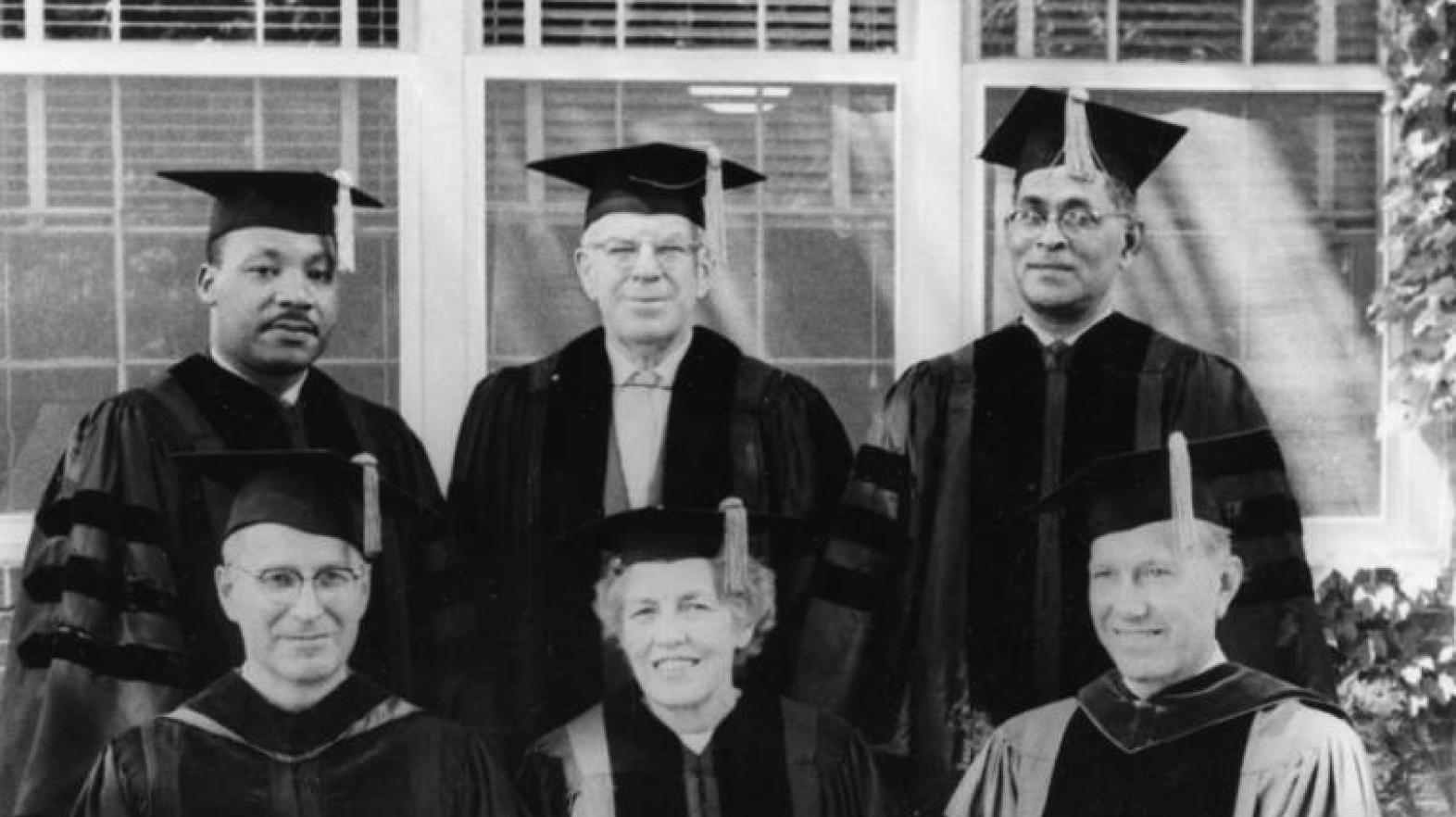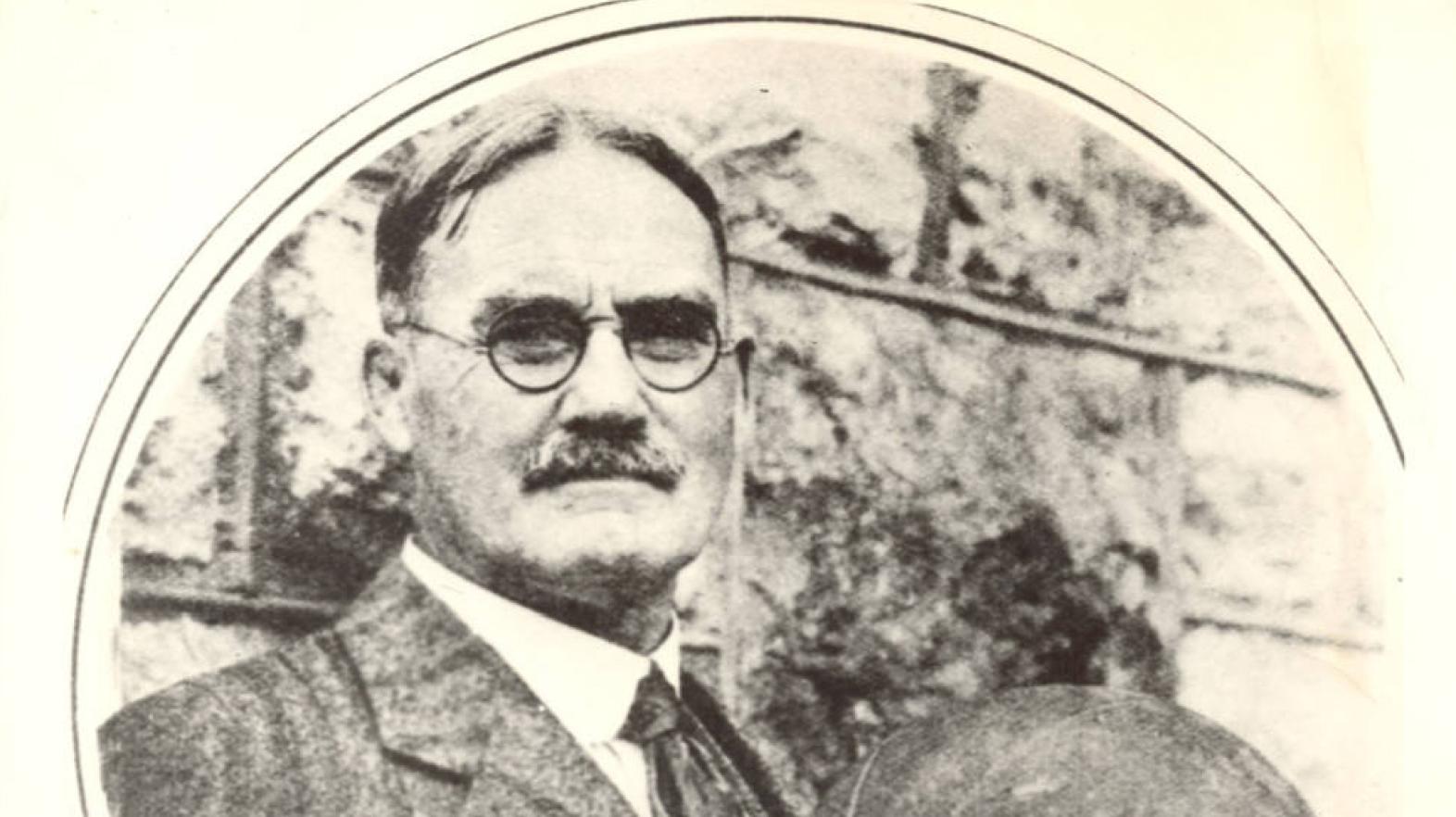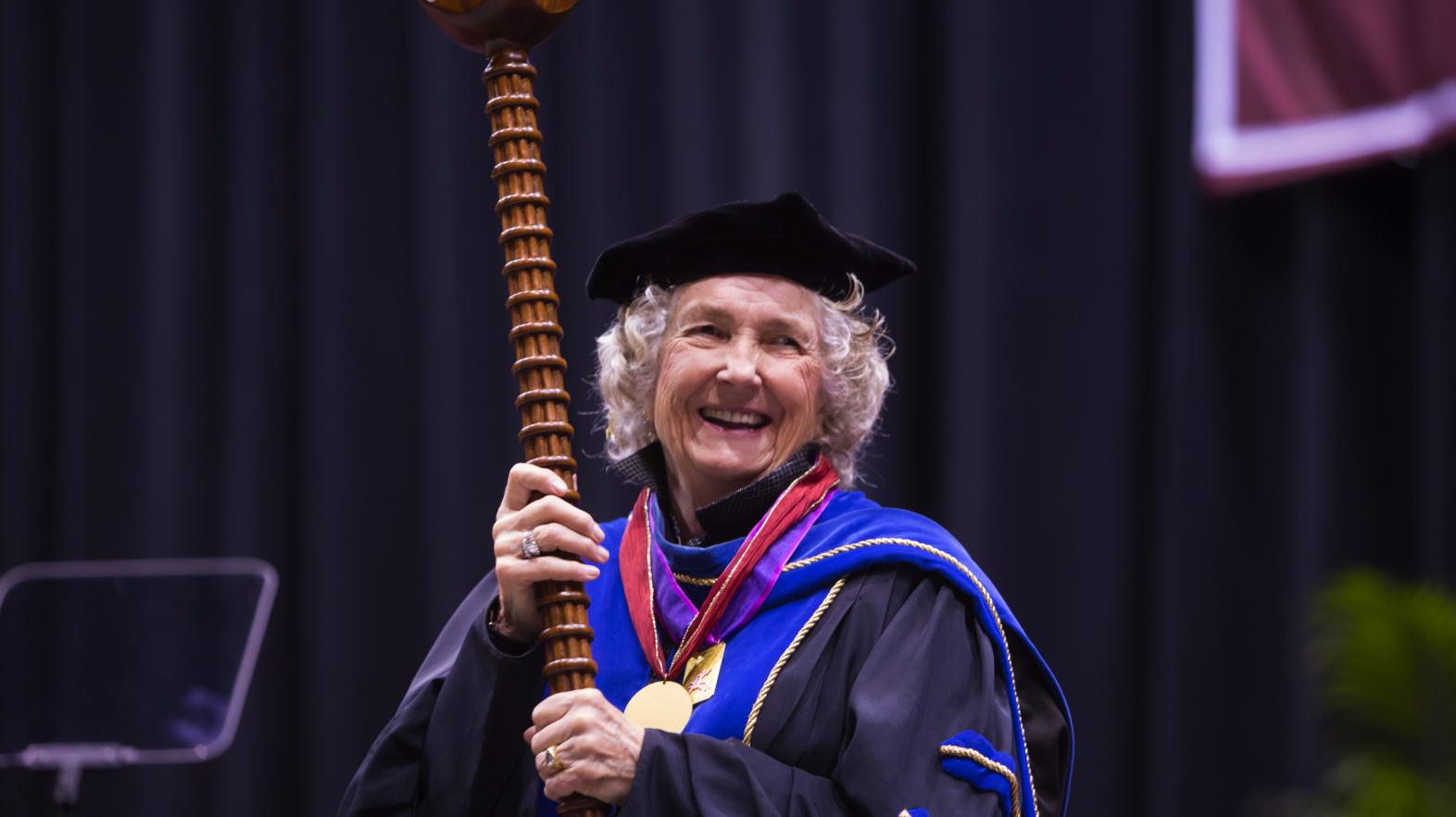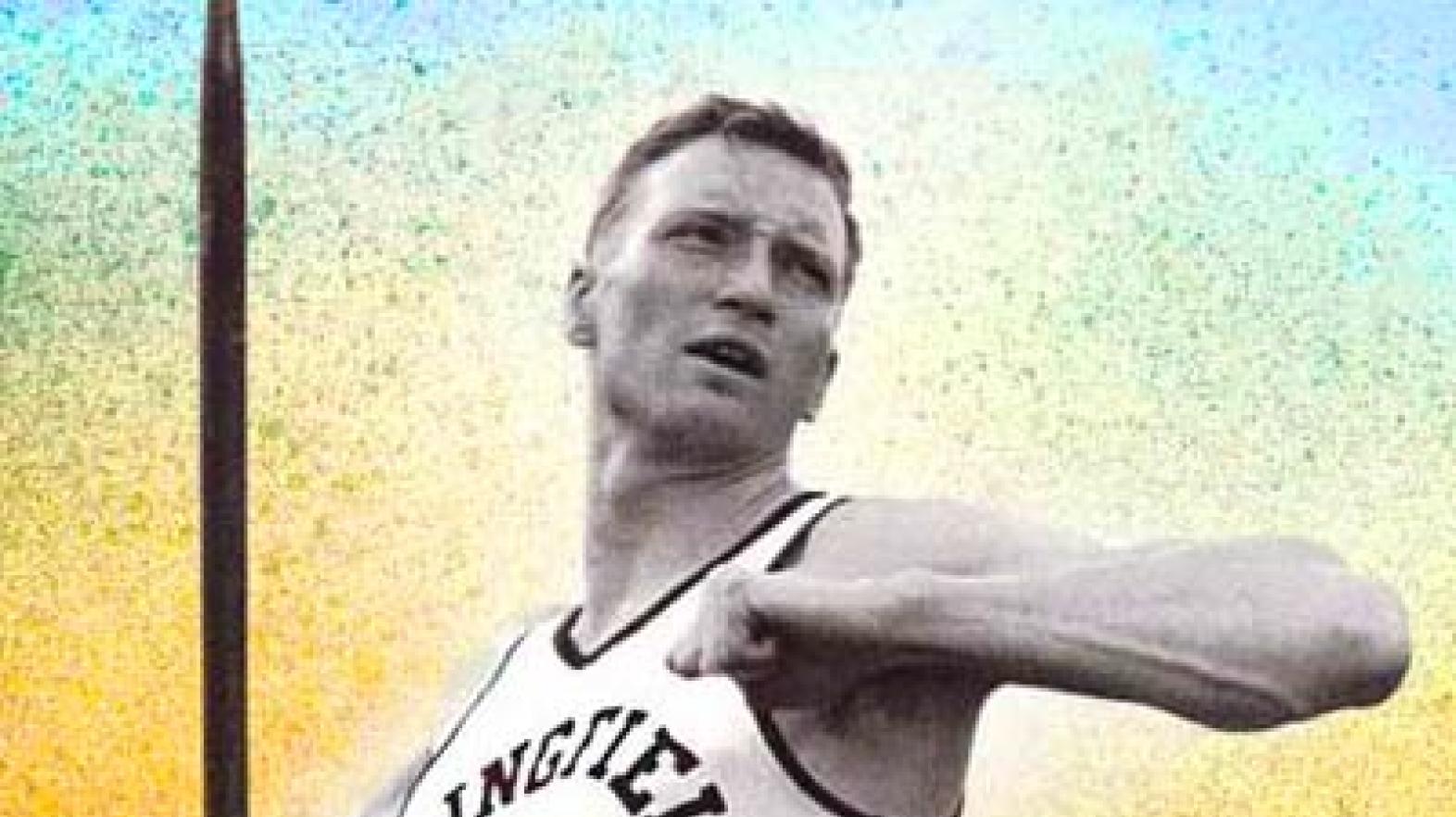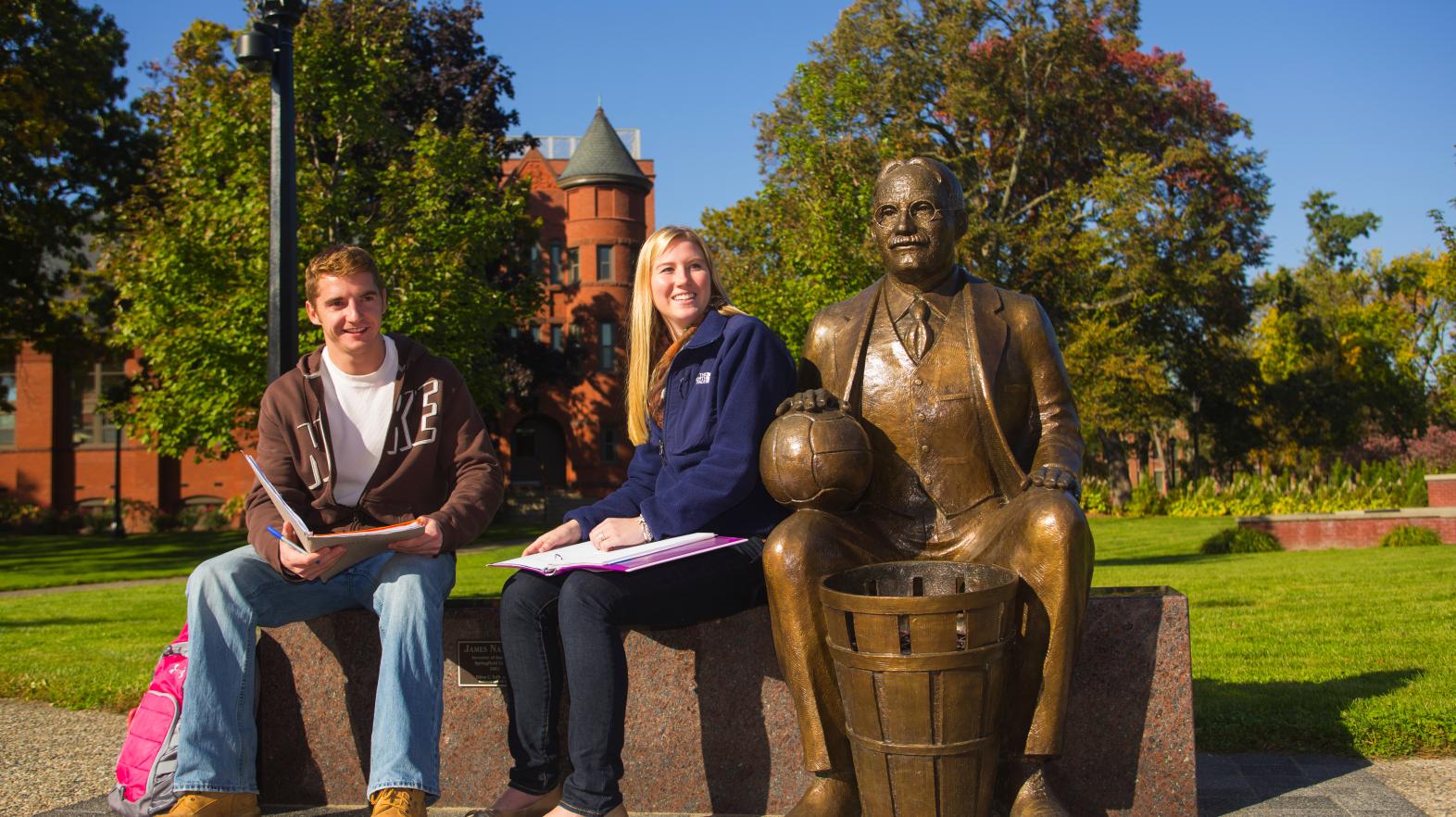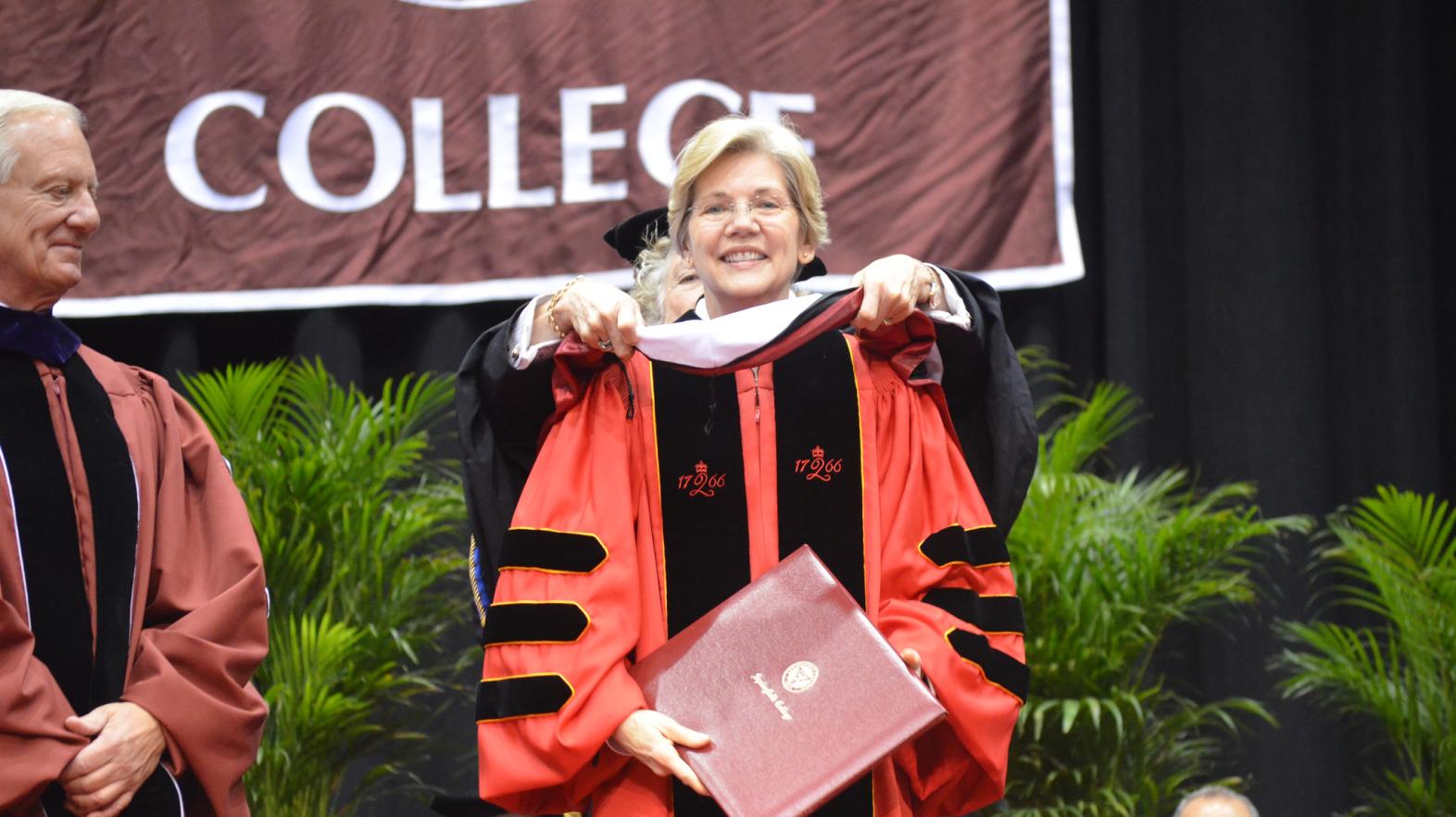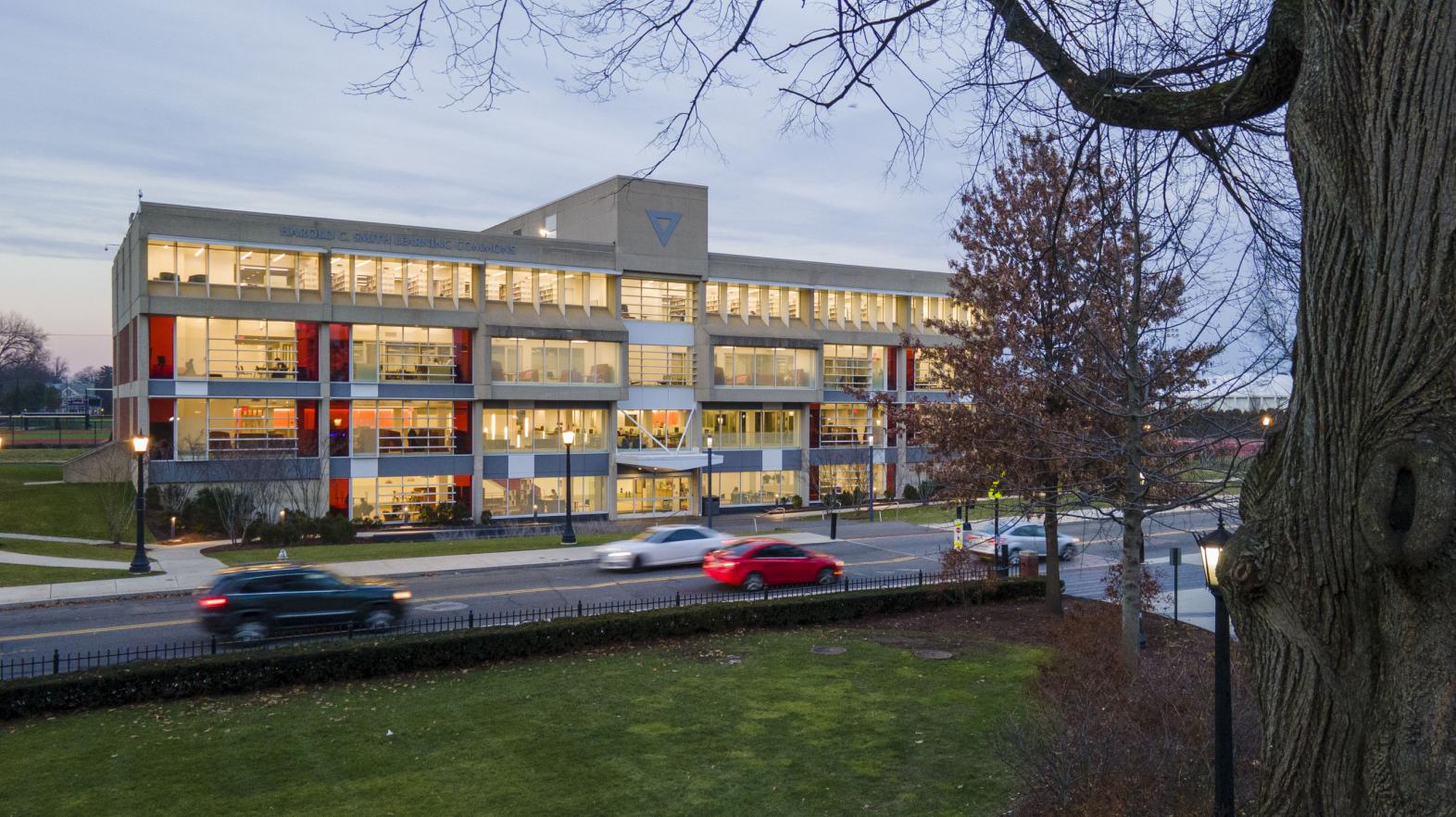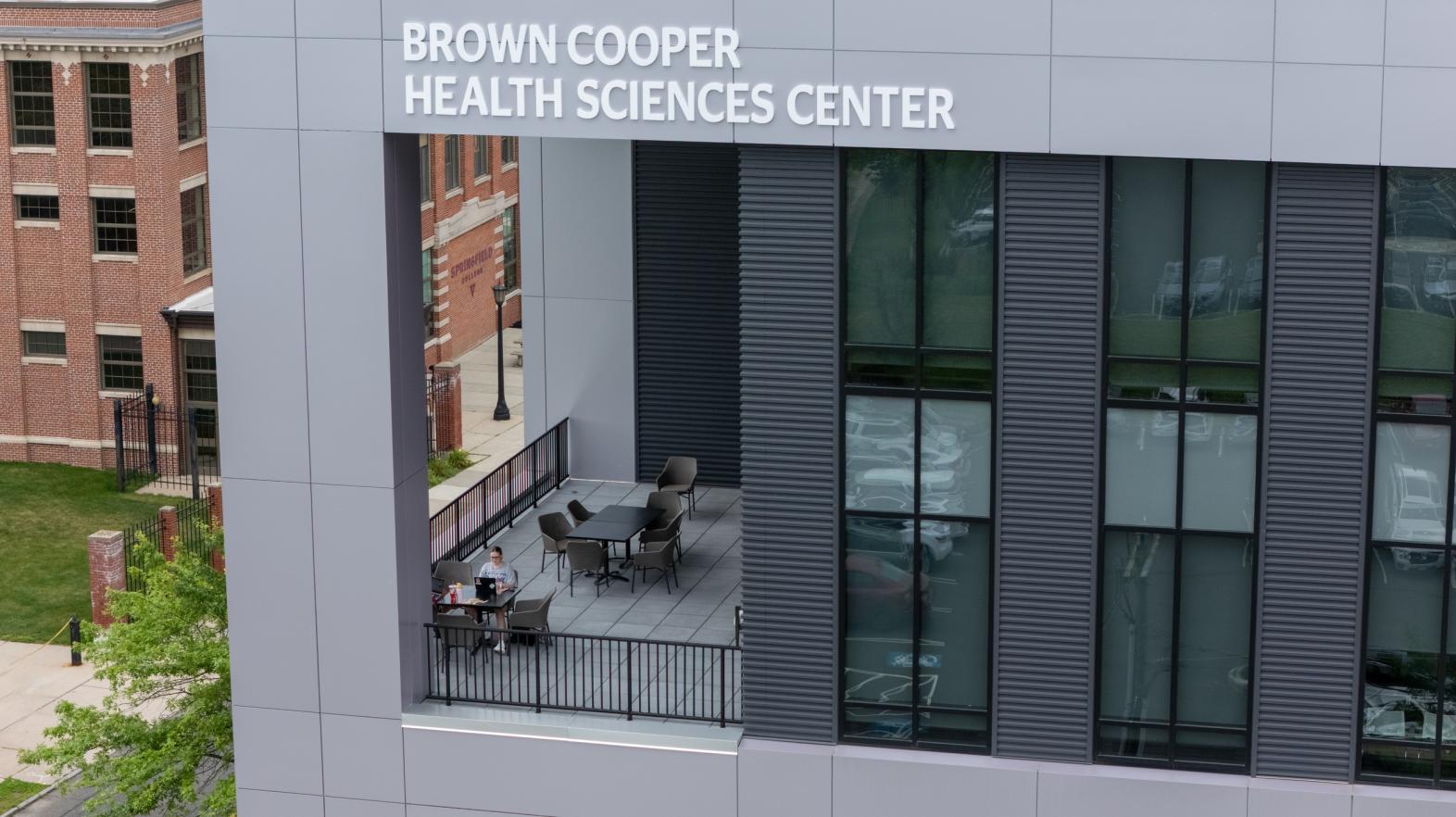Springfield College History
Since 1885, we at Springfield College have had a singular focus on educating students—in spirit, mind, and body—for leadership in service to others. We call it our Humanics philosophy. The world has changed since 1885, and we have, too. New academic programs, renovations, construction, and other major developments have ensured that we remain relevant to today’s students and society. One thing that hasn’t changed is our Humanics focus.
That means that we place great emphasis on helping students grow their whole person, enter fields that help others, and serve as leaders in their communities, organizations, and companies, at home and around the world. Offering bachelor’s, master’s, and doctoral degrees, Springfield College is the best destination for those seeking a well-rounded education, strong academics, experiential learning opportunities, and active and fulfilling co-curricular and athletic involvement.
Logos and Seal
College Seal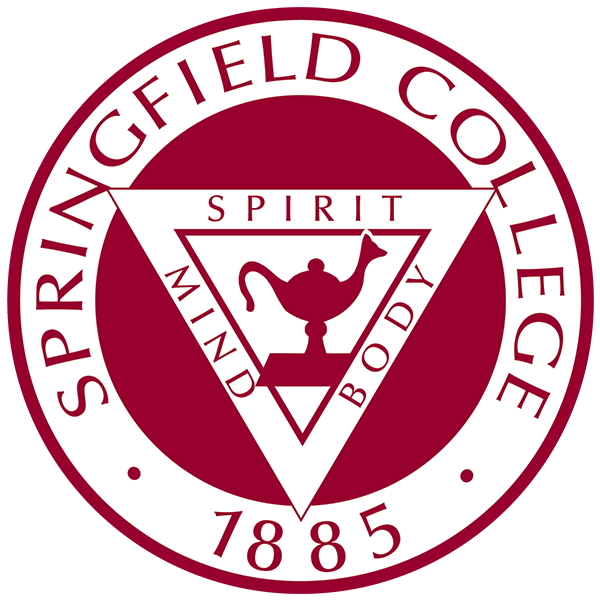
The Springfield College seal includes the Luther Gulick triangle with the words “spirit,” “mind,” and “body” written within it. Within the triangle is the lamp of learning, and around the triangle is a circle that encloses the name of the institution and its founding year of 1885. The Luther Gulick triangle continues to represent the College and its Humanics philosophy of educating students in spirit, mind, and body for leadership in service to others.
Springfield College utilizes the seal for official business. For example, it’s imprinted on certain communications from the Office of the President, ceremonial documents, awards, and diplomas.
College Logo
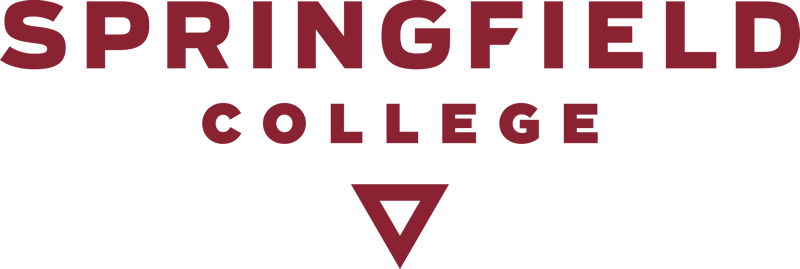
The Springfield College logo, created in 2015, which includes the words “Springfield College” and an inverted triangle, exemplifies the College’s Humanics philosophy, which recognizes that an individual’s emotional, intellectual, and physical lives are interconnected. The inverted equilateral triangle utilized in the new logo dates back to former Springfield College faculty member Luther H. Gulick, a pioneer in physical education and recreation in the United States, who first introduced the symbol to the College in 1891.
Athletics Logo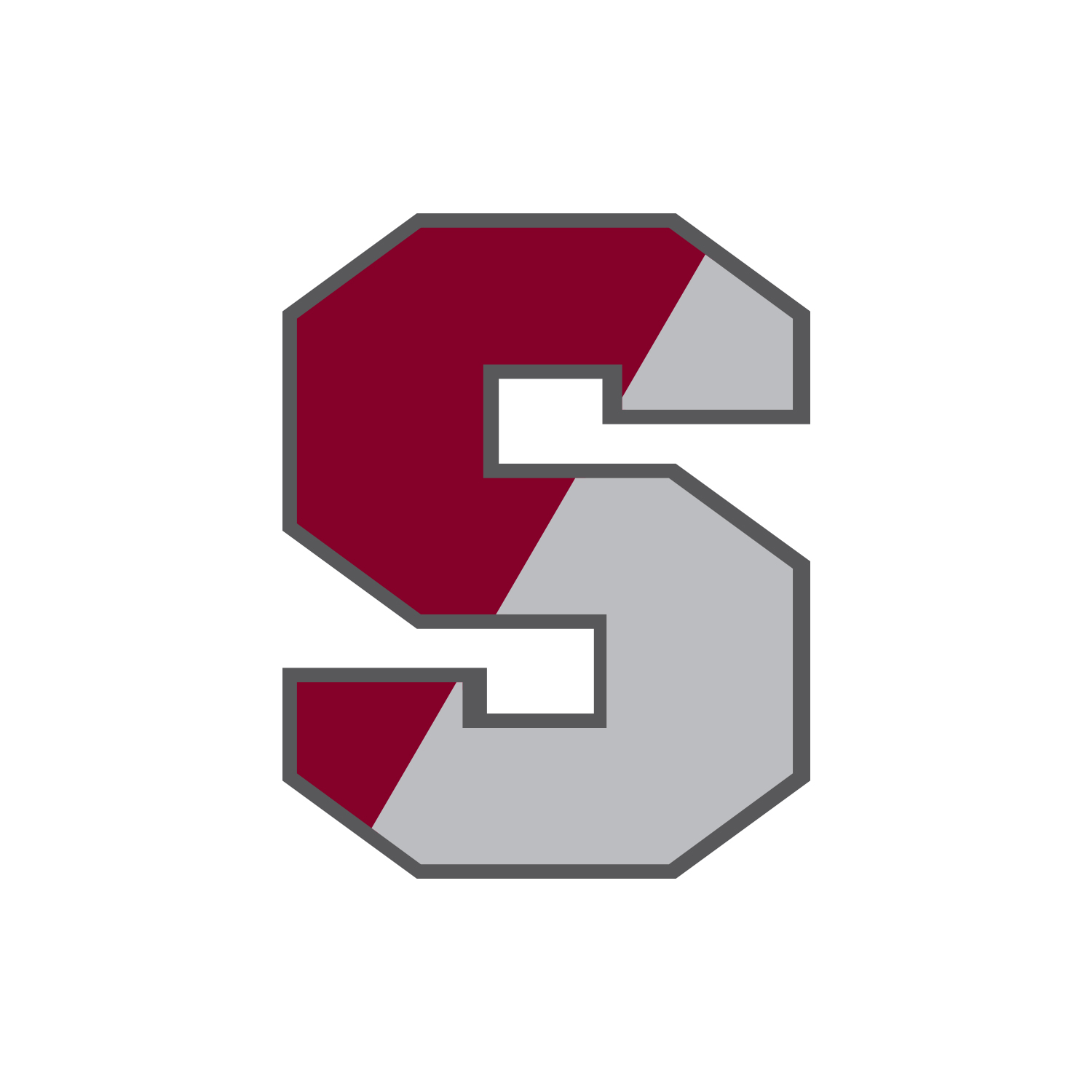
Springfield College Athletics is represented by a block "S," which follows a storied tradition of the College utilizing numerous forms of this imagery for decades. The College chose to move forward with one consistent look that honors its history and uses two-toned coloring that helps Springfield College stand apart from other institutions.
A Song for Springfield
Now raise a song for Springfield,
Let hearts and voices blend
To celebrate her praises,
Whose fame shall have no end;
While fellowship makes holy,
While eager hope elates,
And visioned youth come thronging
Her spacious gates.
Earthwide may happy childhood
Lift high its wond’ring eyes,
Strong youth bring back the vision
Of earthly paradise;
To follow truth to wisdom,
Nor faint thro’ falt’ring fears,
Be this thy task, O Springfield,
Thro’ all the years.
